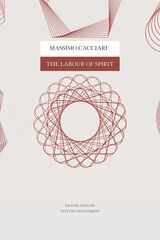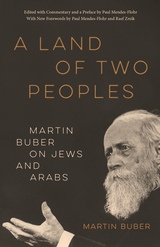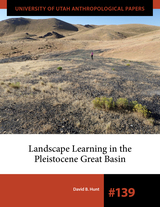10 start with R start with R

Race and Romance: Coloring the Past explores the literary and cultural genealogy of colorism, white passing, and white presenting in the romance genre. The scope of the study ranges from Heliodorus’ Aithiopika to the short novels of Aphra Behn, to the modern romance novel Forbidden by Beverly Jenkins. This analysis engages with the troublesome racecraft of “passing” and the instability of racial identity and its formation from the premodern to the present. The study also looks at the significance of white settler colonialism to early modern romance narratives. A bridge between studies of early modern romance and scholarship on twenty-first-century romance novels, this book is well-suited for those interested in the romance genre.

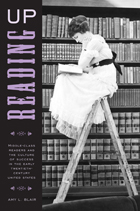
A person who reads a book for self-improvement rather than aesthetic pleasure is “reading up.” Reading Up is Amy Blair's engaging study of popular literary critics who promoted reading generally and specific books as vehicles for acquiring cultural competence and economic mobility. Combining methodologies from the history of the book and the history of reading, to mass-cultural studies, reader-response criticism, reception studies, and formalist literary analysis, Blair shows how such critics influenced the choices of striving readers and popularized some elite writers.
Framed by an analysis of Hamilton Wright Mabie's role promoting the concept of “reading up” during his ten-year stint as the cultivator of literary taste for the highly popular Ladies' Home Journal, Reading Up reveals how readers flocked to literary works that they would be expected to dislike. Blair shows that while readers could be led to certain books by a trusted adviser, they frequently followed their own path in interpreting them in unexpected ways.

But the Old West (like all visions of the past) proved to be shifting cultural terrain. In both Germany and the U. S., Western narratives of white settlement were once seen as “apolitical” and were widely accepted by white people. But during the Nazi period in Germany and in East Germany after 1945, the American West was reevaluated and politically repurposed. Then, during the late twentieth century, understandings of the West changed in the U. S. as well, while the violence of white settler colonialism and the displacement of Indigenous peoples became a flashpoint in the culture wars between right and left. Reagin shows that the past that fans seek to recreate is shaped by the changing present, as each new generation adapts and relives their own West.
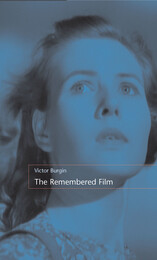
Victor Burgin examines a kaleidoscope of film fragments drawn from a variety of media, the internet, memory and fantasy. Among these are sequences of such brevity they might almost be stills. Such "sequence-images", as Burgin calls them, are neither strictly "image" nor "image sequence" and have not been considered before by either film or photography theory. He also considers some typical individual experiences "sampled" from mainstream cinema. He reflects on such disparate occurrences as the association in memory of fragments from otherwise unrelated films, of the relation of a recollected film image to an architectural setting, or of a feeling "marked" by an image remembered from a film.
The Remembered Film provides a radical new way of thinking about film outside conventional cinema, and in relation to our everyday lives. It will appeal to a wide audience interested in film and media.
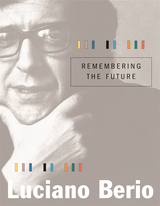
In Remembering the Future Luciano Berio shares with us some musical experiences that “invite us to revise or suspend our relation with the past and to rediscover it as part of a future trajectory.” His scintillating meditation on music and the ways of experiencing it reflects the composer’s profound understanding of the history and contemporary practice of his art.
There is much in this short book that provides insight on Berio’s own compositions. Indeed, he comments that writing it “led me to formulate thoughts that might otherwise have remained concealed in the folds of my work.” He explores themes such as transcription and translation, poetics and analysis, “open work,” and music theater. The reader will also find here numerous insights on the work of other composers, past and present, and much more. A figure of formidable intellect, Berio ranges easily among topics such as Schenkerian analysis, the criticism of Carl Dahlhaus and Theodor Adorno, the works of his friends and sometime collaborators Italo Calvino and Umberto Eco. But Berio carries his learning lightly—his tone is conversational, often playful, punctuated by arresting aphorisms: “The best possible commentary on a symphony is another symphony.”
Remembering the Future is the text of Berio’s Charles Eliot Norton Lectures of 1993–94, now made available for the first time.
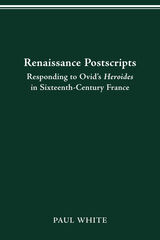
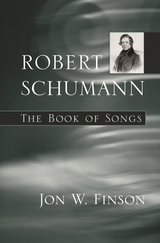
Arguably no other nineteenth-century German composer was as literate or as finely attuned to setting verse as Robert Schumann. Jon W. Finson challenges long-standing assumptions about Schumann's Lieder, engaging traditionally held interpretations. He argues against the belief that the "Year of Song" simply reflects Schumann's personal life. Finson also devotes attention to the form and metric structure of German poetry that is almost entirely new to the discussion of Schumann's songs.
Arranged in part thematically, rather than merely by strict compositional chronology, this book speaks to the heart of Schumann's music. Finson's sustained attention to performance, such as questions of whether two singers might divide performance of cycles or whether miscellanies form coherent entities, allows the reader to engage Schumann's songs in novel ways.
Finson brings original research and the most recent scholarship to the musically literate public and the expert alike. This represents the definitive work on Schumann's songs and the standard reference for any Schumann enthusiast.

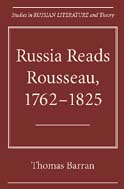
READERS
Browse our collection.
PUBLISHERS
See BiblioVault's publisher services.
STUDENT SERVICES
Files for college accessibility offices.
UChicago Accessibility Resources
home | accessibility | search | about | contact us
BiblioVault ® 2001 - 2025
The University of Chicago Press


